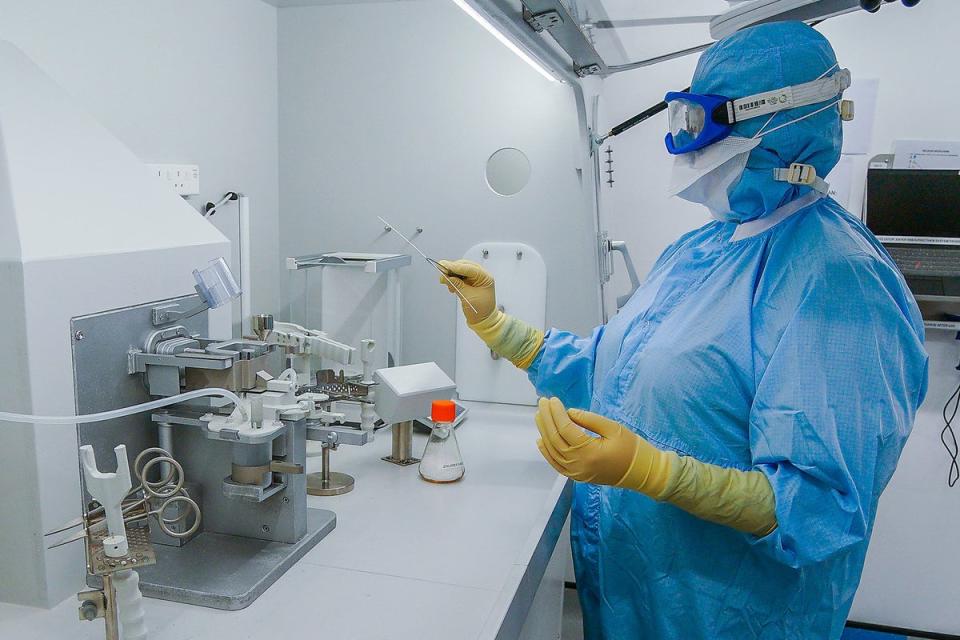'New era of growth': AstraZeneca sets out bold plans for $80bn revenues by 2030

The biggest company on London’s stock market, AstraZeneca, set out bold plans today for what it’s boss called “a new era of growth,” powered by 20 new drugs.
The Cambridge-based pharma giant has set a target of $80 billion revenue by 2030, and operating profits around $30 billion.
The rise, from $45.8 billion in revenue last year and operating profits of $8.2 billion, will be fuelled by 20 new drugs that are set to launch this decade. That 2023 revenue figure meant Astra hit the target it set ten years ago, as its board aimed to fend off a bid from Pfizer.
CEO Pascal Soriot said: “Today AstraZeneca announces a new era of growth. In 2023 we delivered the ambitious $45 billion revenue goal set a decade ago. With the exciting growth of our innovative pipeline, which has the potential to transform millions of lives, we are now aiming for $80 billion by 2030.”
The business said it was targeting operating margins in a mid-30s percentage, suggesting operating profits of about $30 billion.
The 20 new drugs are set to keep the business growing even as the Covid-19 pandemic moves further into the past. AstraZeneca withdrew its Covid vaccine earlier this year, blaming low demand as rivals’ mRNA vaccines became more popular booster options due to their ability to adapt to new variants of the disease.
As other pharma giants get on the weight loss drug bandwagon, Astra will mostly focus elsewhere. The business has a deal with a Chinese business for a weight loss drug that it hopes will be a more popular option than Ozempic in poorer countries, but Soriot has said that the business remains years behind rivals in that lucrative space.
Instead, the business will continue its focus on cancer, alongside rare diseases, where it has aimed more of its investment recently, and the growing field of biopharmaceuticals where medicines are made from living cells.
The new drugs include a “first in class” Asthma treatment using cloned antibodies currently in late-stage trials, which Astra hopes will bring in $4 billion in annual revenue.
Yesterday, AstraZeneca said it would build a new $1.5 billion factory in Singapore to make antibody drug conjugates, which have been labelled “biological missiles” for the targeted way they kill cancer cells.
Derren Nathan, head of equity research at Hargreaves Lansdown, said: “Given the high fail rate in clinical trials, this ambition is going to take a Herculean effort in Research & Development. That said, Astra’s execution is industry-leading, and it isn’t taking its eye off the bottom line, aiming for a mid-30s underlying operating margin by 2026 compared to 32% last year. There is some execution risk but if these targets are met the forward earning multiple of around 18 times doesn’t look too demanding.”
The plan is the latest effort by Pascal Soriot to convince the market he’s worth his £18.7 million pay packet, after facing a revolt over his compensation at Astra’s AGM this year.
AstraZeneca was a rare riser on what was otherwise a day of selling for FTSE 100 stocks this morning. Its shares gained another 76p to 12,172p, valuing the business at £188 billion and extending its lead over Shell as the UK’s largest listed company.

 Yahoo Finance
Yahoo Finance 